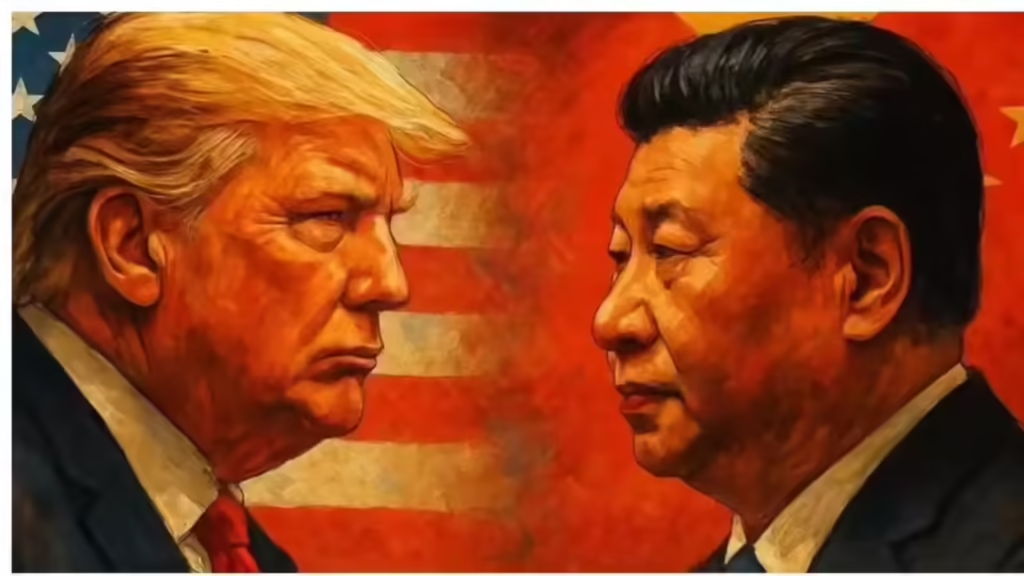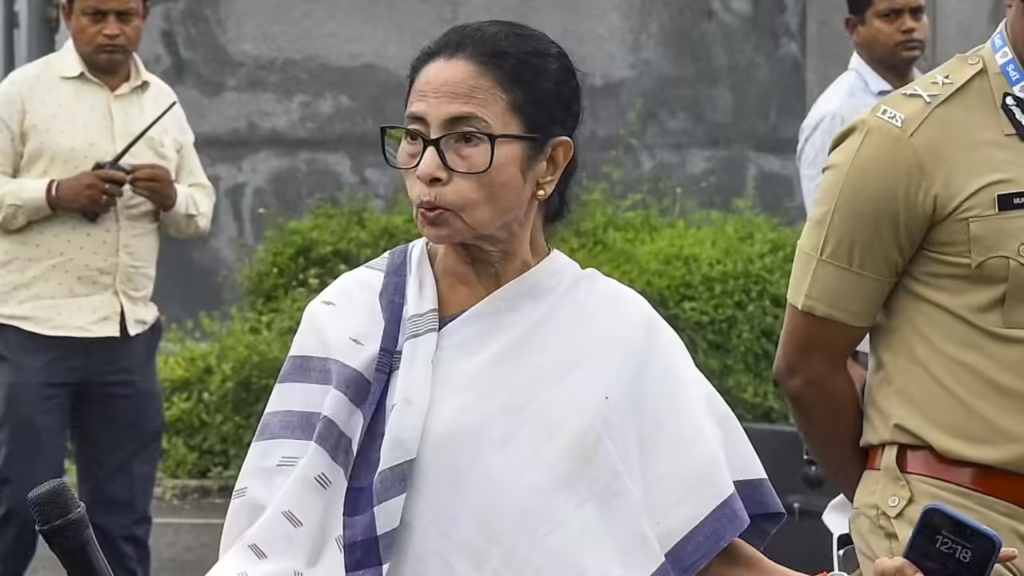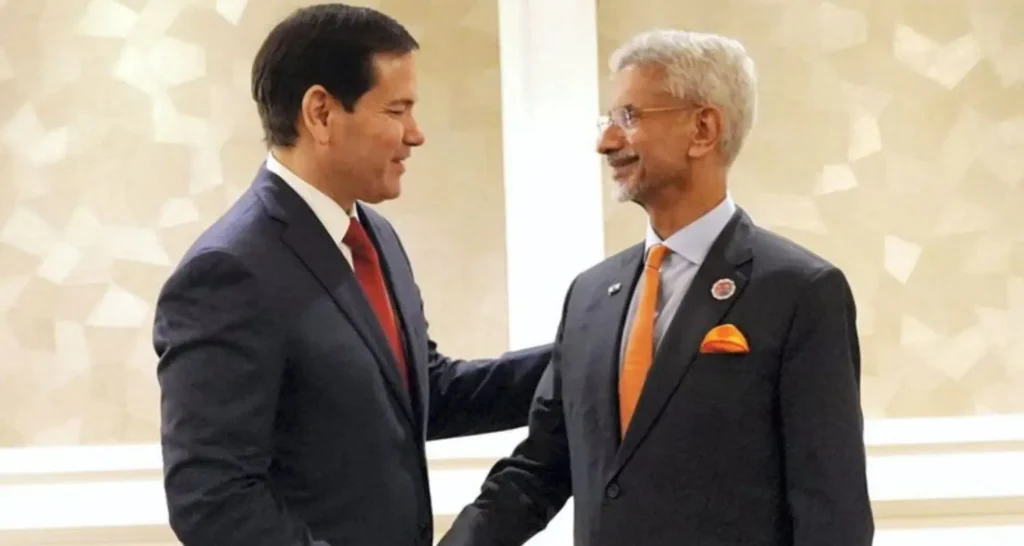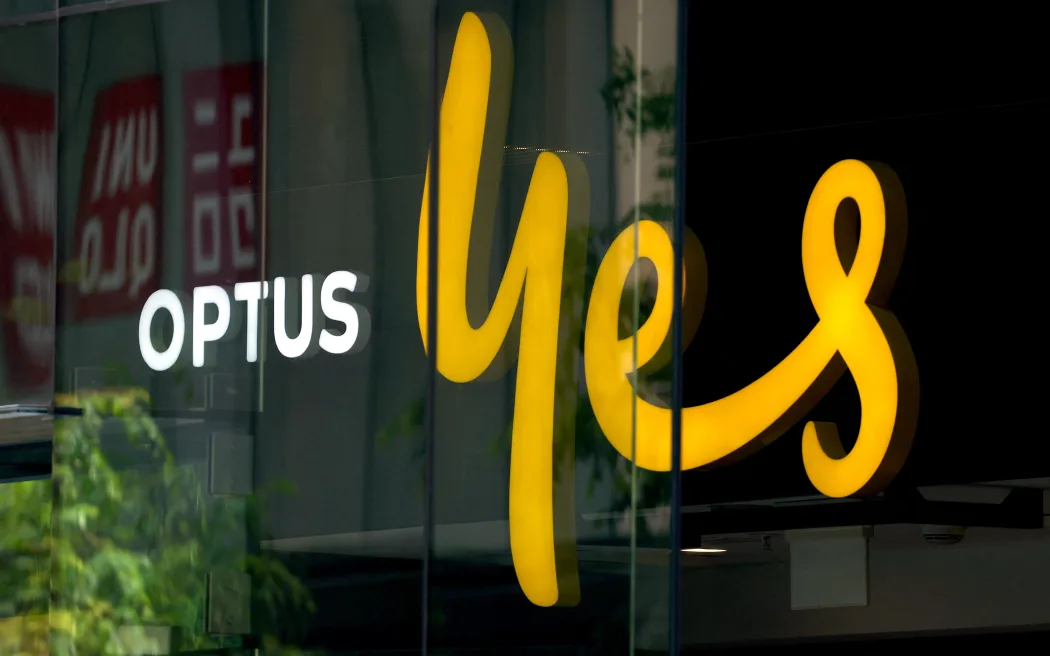Now Reading: Trump Eyes Billionaire Backers for TikTok Deal as Strategic Moves Unfold
-
01
Trump Eyes Billionaire Backers for TikTok Deal as Strategic Moves Unfold
Trump Eyes Billionaire Backers for TikTok Deal as Strategic Moves Unfold
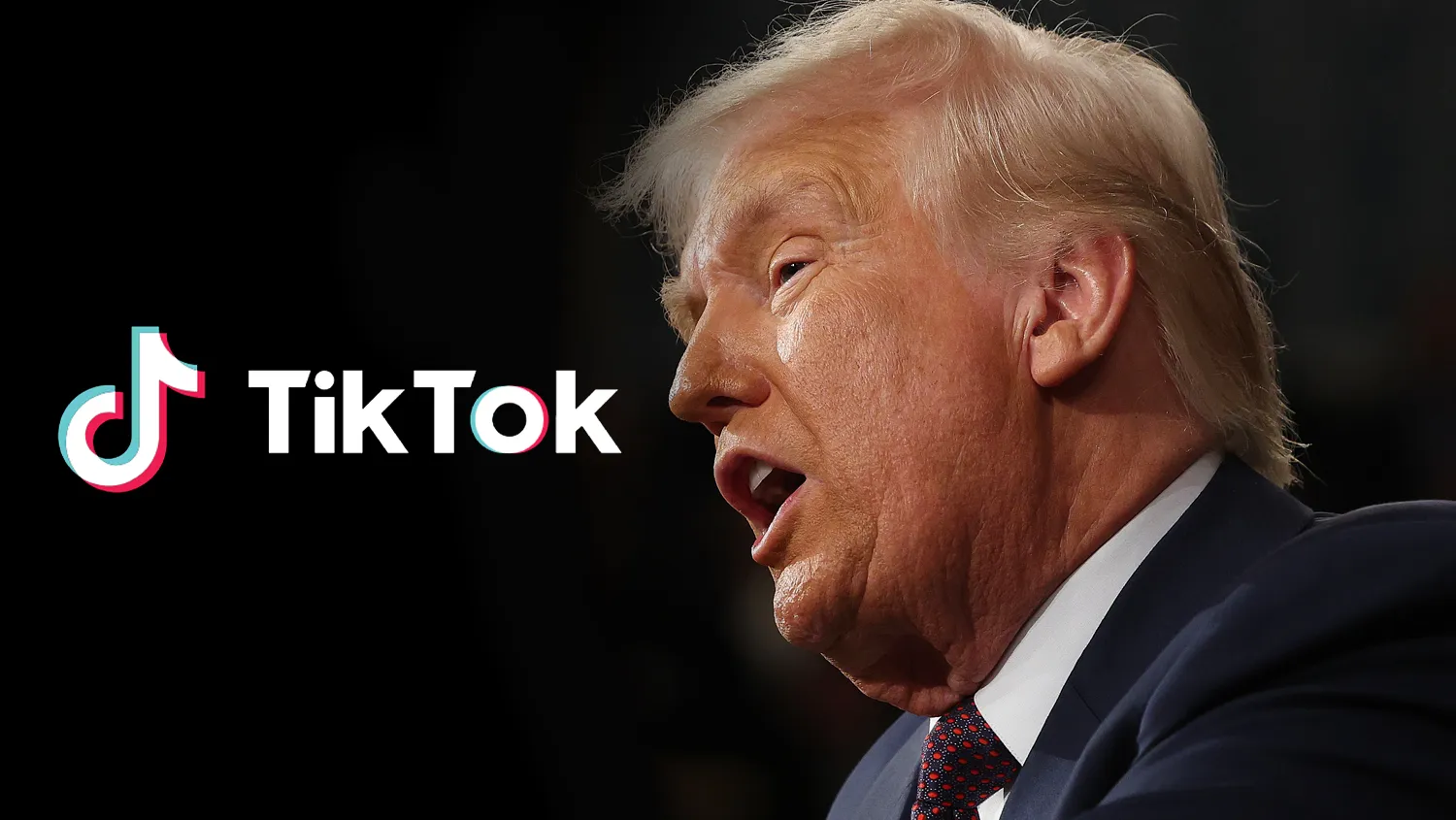
The potential takeover of TikTok in the U.S. has gained a new dimension as former President Donald Trump reportedly identified high-profile billionaires to play key roles in the deal. The announcement comes amid ongoing discussions about securing the social media platform under American ownership, highlighting the intersection of politics, business, and national security concerns. The move is being watched closely by investors and regulators alike.
Strategic Players in Focus
Trump has reportedly suggested media mogul Rupert Murdoch and tech entrepreneur Michael Dell as potential supporters in the TikTok acquisition plan. Both figures are seen as influential in media and technology, with the ability to bring credibility and capital to the table. Larry Ellison, co-founder of Oracle, is already involved in the negotiations, adding a layer of experience in handling large-scale tech deals.
The Rationale Behind the Move
The Trump administration and its supporters have emphasized that TikTok’s U.S. operations need American oversight to address concerns over data privacy and national security. By involving billionaires with extensive business networks, the plan aims to strengthen the platform’s position while appeasing regulatory and political stakeholders. This strategy also signals a preference for high-profile, well-capitalized partners to ensure the deal’s success.
Potential Implications for the Tech Industry
If executed, the involvement of such figures could reshape how global tech deals are perceived in the U.S., especially for platforms with international ownership. The move may also set a precedent for future interventions where government concerns intersect with private sector solutions, particularly in Tier 2 cities where interest in tech investments is growing.
Conclusion
Trump’s identification of Murdoch, Dell, and Ellison underscores the high stakes of the TikTok deal and the growing role of political influence in corporate strategy. As discussions continue, the outcome will likely impact not only the platform but also broader debates on data security, foreign investment, and American business leadership.








